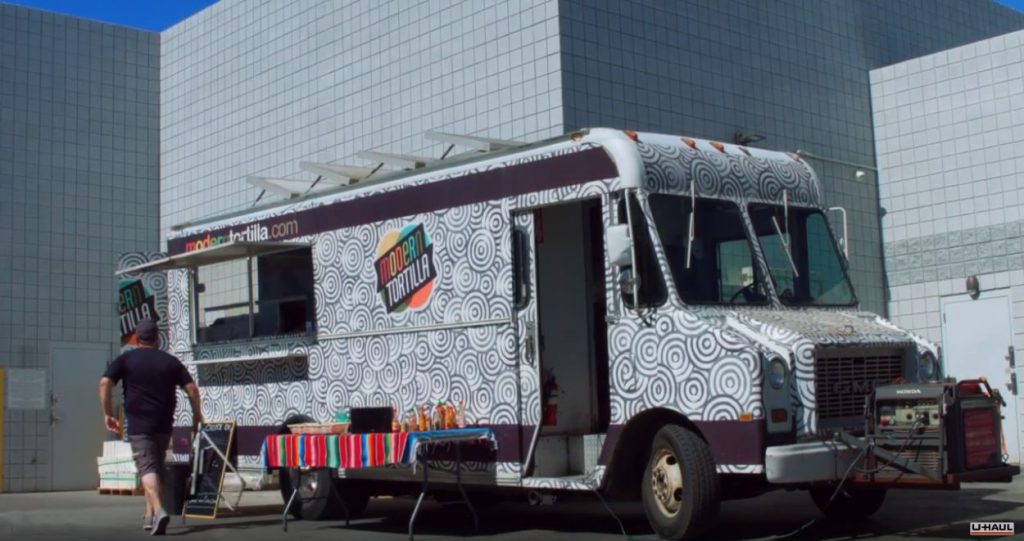Propane has been the preferred fuel source of food trucks because it is considered stable, safe, and affordable. However, just like any fuel type, certain precautions should be taken. The top priority for food trucks is to serve safe and delicious food. But vendors also need to be concerned about their personal safety and customers’ safety by using propane in a safe way. Here are some food truck propane safety procedures to ensure your business and customers are secure and protected!

Training Your Staff on Propane
Not only do you want to be familiar with the safety procedures of handling propane, you want to make sure your staff is properly trained as well. To make sure you and your employees are on the same page, check out the following tips from the National Fire Protection Association:
- All staff members should be familiar with the layout of the truck and where the gas lines are located.
- Make sure you are regularly checking the connections and changing them when necessary. Staff should be taught how to perform leak tests on gas connections.
- Make sure your staff is familiar with the smell of propane so they can properly inform the fire department if a leak were to occur.
- You and your staff should be familiar with your propane tank and markings. Inform staff to never use a non-certified tank.
- Staff should be shown the proper method of shutting off fuel sources.

Fire Hazards
While working with propane, you must be aware of potential fire hazards. According to the National Fire Protection Association, from 2007-2011, there was an average of 540 vehicle fires per year where propane was involved. To prevent a propane related fire from occurring, check out these hazards to avoid:
- Overfilled propane tanks
- Unsecured propane tanks
- Propane tanks stored inside the food truck
- Aged/worn propane lines
- Unsecure connections
- Hot fryer oil/grills too close to tanks
- Burner knobs left in the on position
- Flammable liquids too close to the cooking area and gas burner
- Propane tanks stored next to flammable items
To learn more about common food truck fire hazards, check out foodtrucktrainingcertification.com.
Propane Tank Inspection
Before your mobile business hits the streets, make sure your propane tanks are up to code. Our attendants will be happy to refill your propane cylinders at one of our propane refill stations. Most of our propane tanks come equipped with a gas gauge that measures how much propane you have at all times. You must check the “requalification” date, also known as the “retest” date before you can get your tank refilled. Our professionals are able to check if you are unsure how. According to the U.S. Department of Transportation, propane cylinders must be re-qualified or replaced every 5 or 10 years depending on the cylinder type, condition, and previous requalification method. Your tank must be re-qualified before it can be refilled or replaced altogether. To learn more about propane safety at a U-Haul Propane Refill Station, head to our propane safety tips page.

Now that you are informed of the food truck propane safety procedures, it’s time to head out on the road! Your customers are waiting for you to cook up some delicious food. Make sure these tips are being implemented, and that your employees are informed so propane related incidents don’t occur.
To learn more about propane and grilling safety, follow us on Facebook and Twitter.



